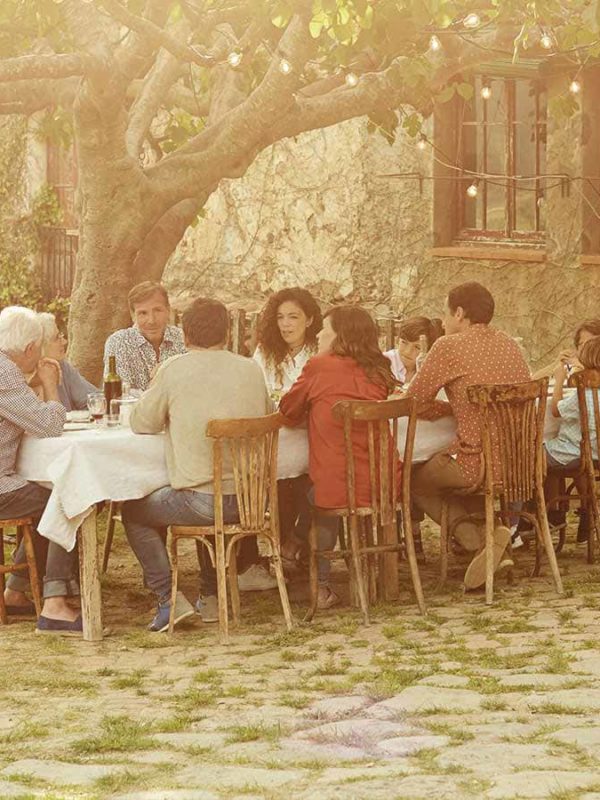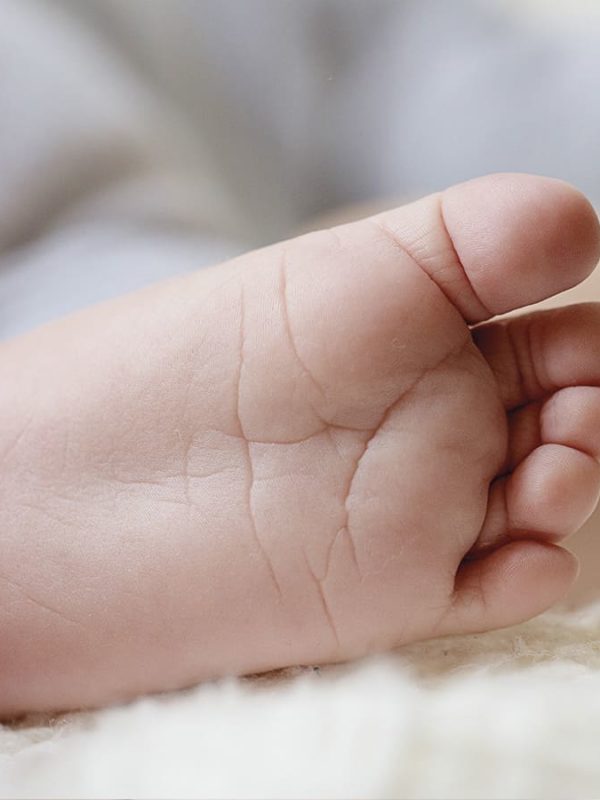God, in His most intimate mystery, is a family. He carries within paternity, filiation, and the essence of family, a communion of love. Such a union of love and life is the Holy Spirit.
Text
“The couple that loves and begets life is a true, living icon – not an idol like those of stone or gold prohibited by the Decalogue – capable of revealing God the Creator and Saviour. For this reason, fruitful love becomes a symbol of God’s inner life (cf. Gen 1:28; 9:7; 17:2-5, 16; 28:3; 35:11; 48:3-4). This is why the Genesis account, following the “priestly tradition”, is interwoven with various genealogical accounts (cf. 4:17-22, 25-26; 5; 10; 11:10-32; 25:1-4, 12-17, 19-26; 36). The ability of human couples to beget life is the path along which the history of salvation progresses. Seen this way, the couple’s fruitful relationship becomes an image for understanding and describing the mystery of God himself, for, in the Christian vision of the Trinity, God is contemplated as Father, Son, and Spirit of love. The triune God is a communion of love, and the family is its living reflection. Saint John Paul II shed light on this when he said, “Our God in his deepest mystery is not solitude, but a family, for he has within himself fatherhood, sonship and the essence of the family, which is love. That love, in the divine family, is the Holy Spirit”. The family is thus not unrelated to God’s very being. This Trinitarian dimension finds expression in the theology of Saint Paul, who relates the couple to the “mystery” of the union of Christ and the Church (cf. Eph 5:21-33)”. (The Joy of Love, n.11)
Commentary
The human family is the best reflection of divine nature. The three divine Persons united in love is the best image of human intimacy that man can find with God because it is inscribed in his nature or, if we prefer, in the beating of his spiritual heart.
A man and woman with a vocation to marriage, after an extraordinary coincidence in space and time, which makes them “meet” and “recognize” each other intimately, can embrace each other through love and give themselves to one another, thus breathing life into their own identity as spouses in the communion of their bodies and souls. This union, because it is one made from love, is fruitful and radiates life, companionship, and intimate trust, light, and meaning for existence. However, this fruitfulness has its culmination in the ability to generate personal life, that of their children.
This is how the union of conjugal love originates, through a genealogy of consanguinity, in a personalized and loving way. We do not come from blind chance, but from two concrete people, with name and surname, who loved us and conceived us from one generation to the next. Any other alternative than a family based on the conjugal union of the parents puts at risk or simply dissociates the temporary or transient couple since they are not spouses for life, and when siblings no longer come from the same father and mother or even lack one, these “family” alternatives fragment, as well as, de-structure, children from their parents, and siblings from each other.
Without a conjugal union of one person with another for life, the genealogy of love and its intimate kinship becomes fragmented, divided, and soon falls apart.
Loving relationships amidst a family are intimate bonds between spouses, who are parents, and between them and their children and their descendants. These loving relationships show that we are familial beings at our core root. That in a family, we learn who we are and how to open ourselves to those of our same flesh and blood, choosing their wellbeing, the vital habit of leaving our selfishness to prefer their needs and tend to our spouse, our father, mother, children, sibling, and grandparents. Through these authentic, loving relationships, a family promotes generosity in being a gift to others and embracing them. Thus, creating a home: the space and time of intimate companionship and trust that only loving one another can give.
There is no better environment – more loving and humane – to cement the story of the personal growth of each person throughout their life than the roots of a family.




























